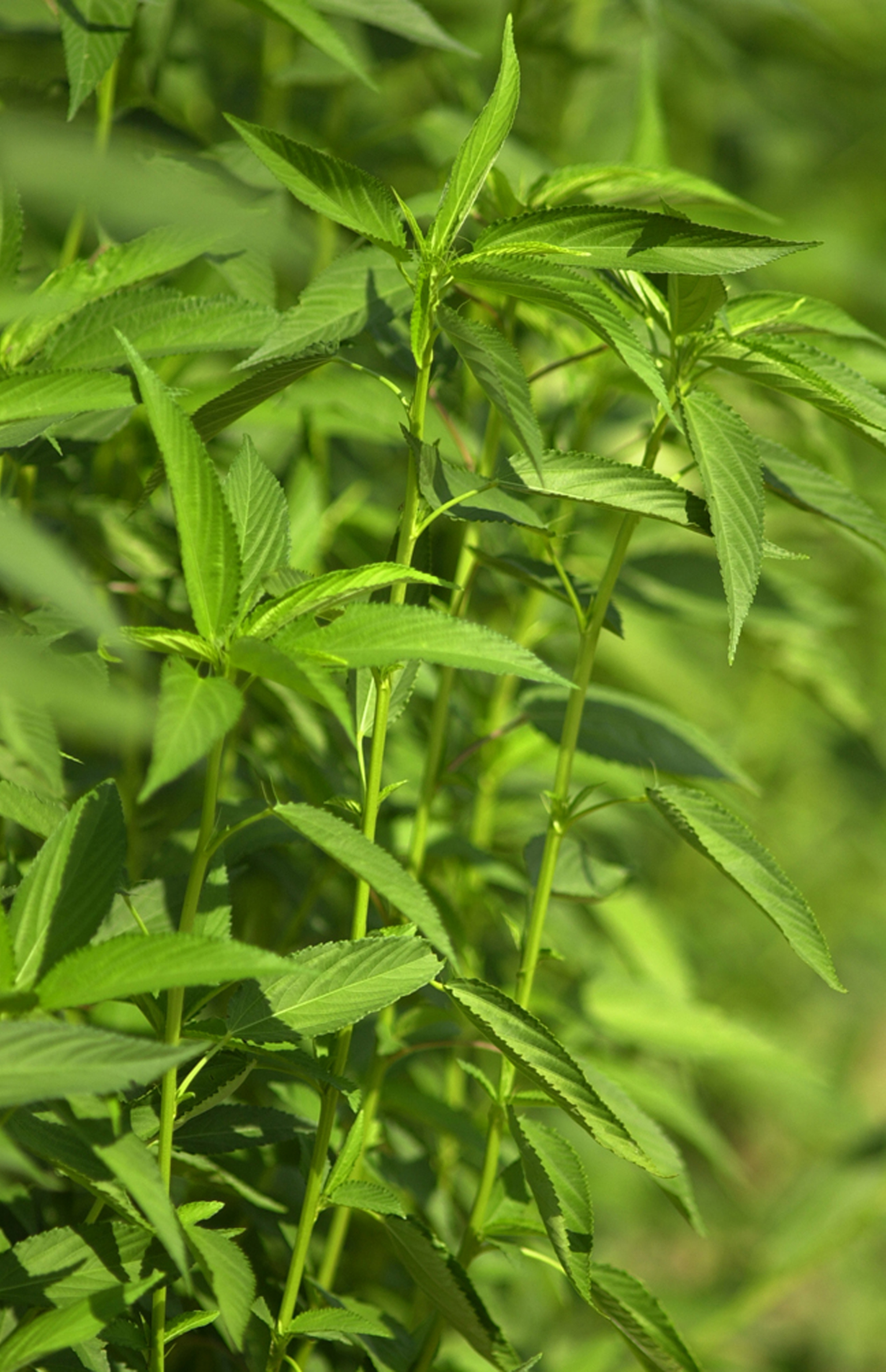Jute
Die Bastfaser Jute ist mengenmäßig nach der Baumwolle die wichtigste Naturfaser weltweit. Sie wird überwiegend in Westindien angebaut. Die Jutefasern sind lang, glänzend und sehr reißfest. Sie lassen sich gut mit anderen Natur- und Synthetikfasern mischen. Eingesetzt werden die Fasern hauptsächlich in der Industrie, zum Beispiel für Verpackungen und Verbundwerkstoffe, aber auch in der Heimtextil- und Modebranche. Warum nachhaltig? Der nachwachsende Rohstoff braucht wenig Wasser, kommt fast ohne Pestizide oder Düngemittel aus, ist recycelbar, biologisch abbaubar und liefert gute Erträge.
Jute
In production-volume terms the bast fibre jute is the most important natural fibre worldwide after cotton. It is mainly produced in western India. Jute fibres are long, shiny and highly resistant to tearing. They can easily be blended with other natural and synthetic fibres. These fibres are mainly used in industry, for instance in packaging and fibre-reinforced composites, but also in the home-textiles and fashion sector. Why choose sustainable jute? This renewable raw material needs little water, can be cultivated almost without pesticides or fertilisers, is recyclable, biologically degradable and produces good crop yields.


